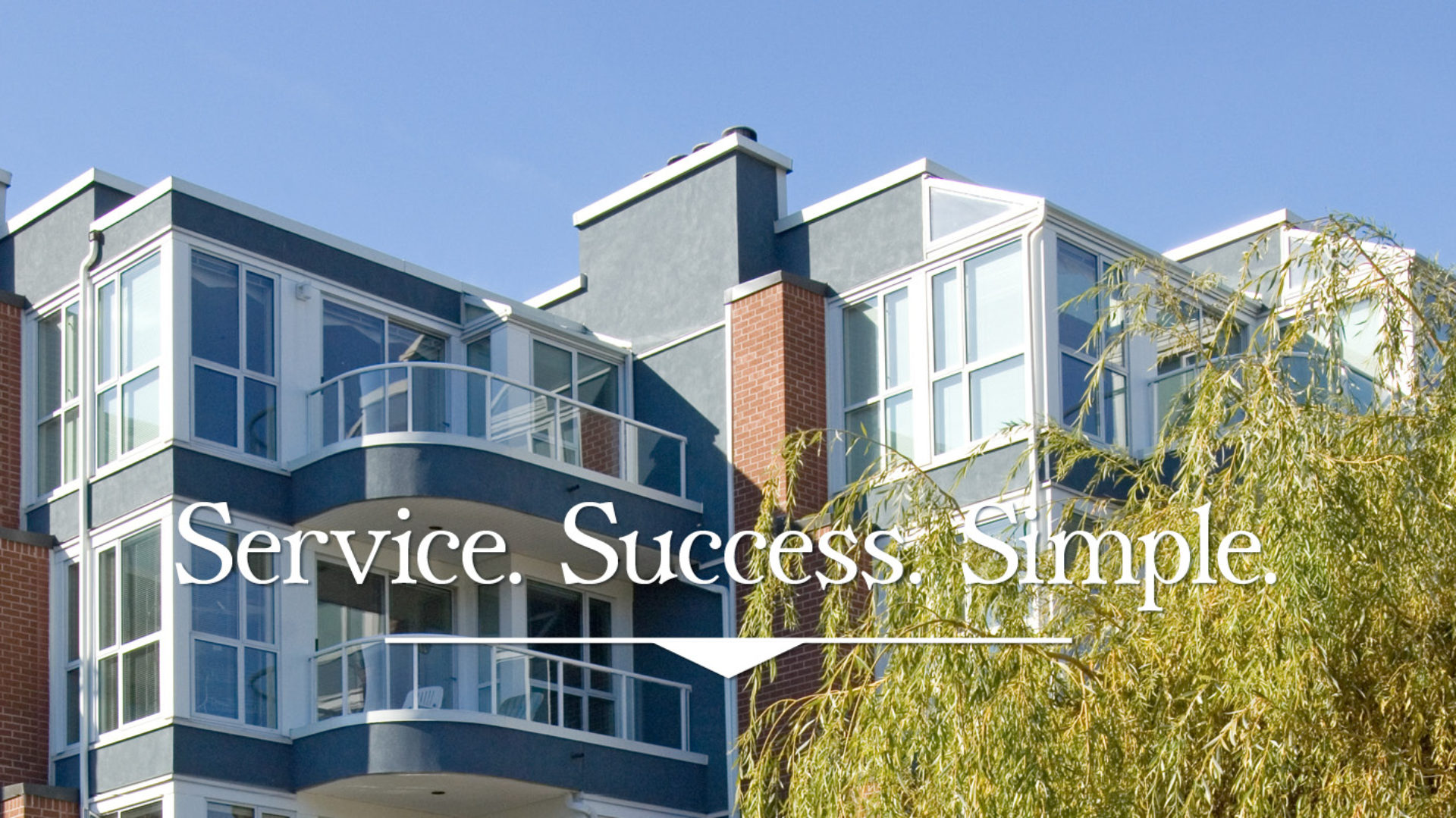Greetings! I tell myself (and anyone else who happens to be listening) that one small positive thought in the morning can change your whole day. As the weather gets colder and drearier, that gets even more important. So here’s the quote:
“He is his own harshest critic.”
— Various
This is a commonly used phrase, with several permutations, but the basic idea is: that person is a perfectionist. He or she is someone who will not accept anything but the best from herself, and will constantly nit-pick their own work until it is flawless. At least, that is the general and most-commonly considered idea it is used to express.
However, like so many interesting language nuances, this one can be used to sometimes express a different – and almost opposite – idea. That is, a person is their own harshest critic to their detriment; the consistent judgment and expectation of improvement they are putting on their work is beyond what any standard expects, and they are doing themselves harm.
I confront this saying and its duality in part because of my personal experience with it of late; I have had it come up and be applied to me in several unrelated contexts recently, and it led me to do a deeper dive on what this saying actually means, what people specifically meant when they applied it to me, and how it can be converted to a lesson.
I was unable to trace a reliable attribution of this quote/idea, and I think that probably stems from the fact that it blends so many concepts. The saying itself is a chameleon in many ways; it can be a compliment, an insult disguised as a compliment, a referendum on one’s self-esteem, and even held out as a badge of honor. So who said it first in this context matters much less than who is saying it right now, and why.
Perhaps it is being used as a qualification: “I am a perfectionist. No one judges my work more harshly than I do.” This is similar to those who hold themselves out as always available or willing to go the extra mile; we have created the cult of the workaholic, or in this case the cult of the perfectionist. We have decided that someone is going to produce the greatest work if they dedicate themselves to it relentlessly.
Certainly there is some truth there. But there are different ways to work hard, to want the best, to attempt to avoid complacency. Paraphrasing this article and the paradox it attempts to unravel, there are competing concepts here: According to many studies, the number one barrier to self-compassion is fear of being complacent and losing your edge. But research shows that fear is ungrounded; in fact, the opposite is true. Self-compassion can lead to greater achievement than self-criticism ever could; you won’t “lose your edge.” You will maintain focus and drive motivated by incentive rather than invective. We already know (and the world recently has reaffirmed for us) that negative information has a greater influence on us than positive. Now add in the fact that this negative information is coming right from your own brain, and it can quickly send you spiraling off course (rather than pushing you back on track, as you were hoping).
This rather sprawling interview talks a little bit about how the self-critical function can be used, managed, and even affected by social media. But look again at the concept here and the use of our starter quote: being one’s own harshest critic is seen as a benefit; a healthy dose of self-doubt helps us monitor ourselves and our behaviors. This comes from the reptile brain – our simple stimulus-reaction programming. If we sense something bad, identify it and avoid it because it must be a threat or otherwise something to avoid. The problem of course is that cognitive function, and existing in society, and many of today’s human obstacles or situations are not so black-or-white. A typo in a first draft is not a dangerous predator; it is something that happens to everyone. To keep mental balance and health, we have to be able to identify it as such, and let it go, rather than beating ourselves up about it or avoiding typing that word ever again.
It is terribly interesting that there is a similar-sounding but vastly different saying also in common usage: “being one’s own worst enemy.” Can being one’s own worst critic also make a person her own worst enemy? Well that answer goes on a lot longer than anyone is going to read here today, but it sure is food for thought. So if I find myself critiquing my own work or efforts extra harshly, I intend this week to take a moment to consider why I am doing so. Is it helping? Is there a lesson here? Can I improve my work more by imposing positive feedback rather than negative? Similarly, I will try to avoid wearing my harsh self-criticism as some sort of emblem of perfectionism; I will let my work stand on its own merits.
Perhaps not. Maybe everything is running smoothly and I should just keep beating myself up. There is also always the possibility that I am the exception this rule, or the person who overcorrects: constantly saying “I hold myself to a higher standard” while consistently failing to do so. You probably know the type. Like everything else, this comes down to a balancing act. Figure out where you are tipping and then bring it back; be sure to pepper some positive feedback into your inner critic.
And have a two-thumbs-up week everybody.



2 thoughts on “Being One’s Own Harshest Critic”
Great insights. As a recovering perfectionist, I can certainly relate to being one’s worst critic. That said, I have also used the crutch of “perfectionism” to not try because “I know it won’t be perfect.” Just as comparison is the thief of joy, so is perfectionism.
Well stated Brian. I think those of us who are running our businesses fall into this trap as we think that is the path to continued success. But is it, really?